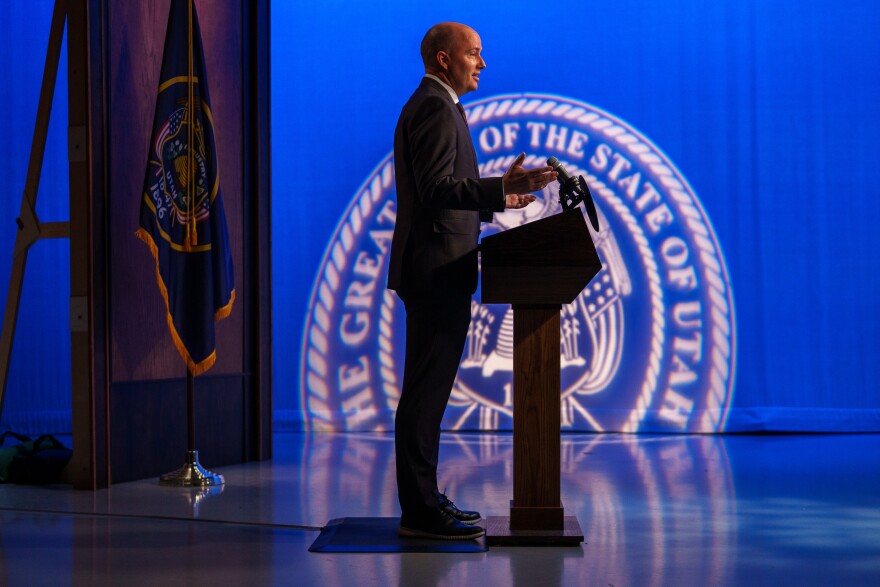Utah Gov. Spencer Cox responded Thursday to the state Legislature’s actions during its special and extraordinary sessions this week.
Lawmakers passed resolutions opposing critical race theory, which is a way of looking at how racism creates and impacts disparities throughout the country.
When Cox called the Utah Legislature into a special session this week, he wrote a letter saying they needed more time before taking on CRT.
But legislative leaders called their own “extraordinary” session to address the issue.
Cox said he actually supports the measures they passed.
“If you read the resolutions, there's nothing really controversial in them,” he said. “The resolutions say that they encourage the state school board to work on this issue, which is exactly what my letter said.”
Last year, state and community leaders signed onto the Utah Compact on Racial Equity, Diversity and Inclusion. It acknowledged racism isn’t just an individual character flaw, but also a systemic issue.
“I don't think there's anything in [the Legislature’s] resolution that disagrees with the compact in any way,” Cox said. “I think so much gets lost in these debates, and there's just no room for nuance anymore at all.”
Lawmakers also passed a bill to ban future mask mandates in schools.
Cox said he will sign it into law, noting that 12 year olds are eligible for the COVID-19 vaccine.
“Now you're really talking under the age of 12, right? We're really talking elementary schools,” he said. “The data is very clear. The risk of hospitalization and death for elementary schools is extremely, extremely low.”
He said if there’s a “change in circumstances,” he has the authority to address it.






